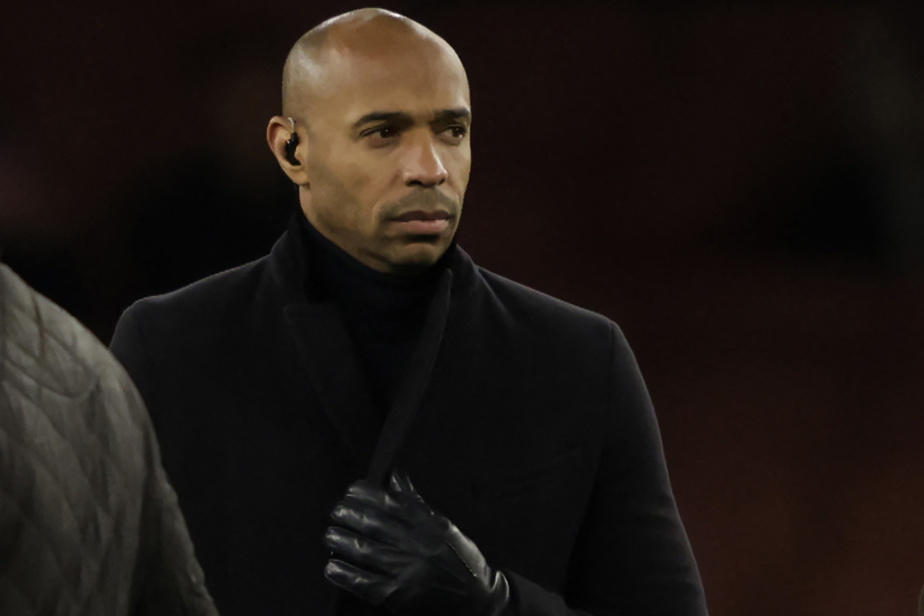(London) Former Blues striker and current Espoirs coach, Thierry Henry, claimed to have suffered from depression during his playing career, an illness he links to his childhood, which came to the surface when he was coaching in Canada during the coronavirus pandemic.
“I lied for a very long time because society wasn’t ready to hear what I had to say,” says the 1998 world champion, now 46, in an English-language interview with the podcast The Diary of a CEO, published Monday.
The top scorer in Arsenal’s history says that this discomfort accompanied him during all these years when he shone with the ball, without being aware of it.
“Throughout my career, and ever since I was born, I must have been depressed,” Henry said. “Did I know that? No. Did I do anything about it? No. But I adapted to a certain way of life,” he explains.
In life, “you have to put one foot (in front) and then another, and walk. That’s what I’ve been told since I was young,” he explains. “I never stopped walking,” except during COVID-19 when “I couldn’t anymore. And then you start to realize.”
Retired from the field since 2014, the former Arsenal glory found himself confined to Canada, away from his children who remained in Europe “for a year”, at the height of the health crisis while he was managing the Montreal Impact in the North American championship.
He then found himself “crying almost every day for no reason”, continues the current Espoirs coach. “The tears came on their own. For what ? I don’t know, but maybe they were there for a very long time.” He added: “Technically it wasn’t me, it was the younger me. (Crying) for everything he didn’t have, approval. »
Henry links his mental fragility to his childhood and the constant search for approval from his father, who was often critical of his performances.
“When I was little, people always told me “you didn’t do that right”. So obviously, when you hear that more often than anything else, that’s what’s going to stick,” he says. After scoring all the goals in a 6-0 win as a teenager, he remembers his father telling him not to be satisfied: “you missed that check, you missed that cross.”
This paternal presence “helped the athlete to a certain extent”, but it “did not help the human being that much”, he concludes.
